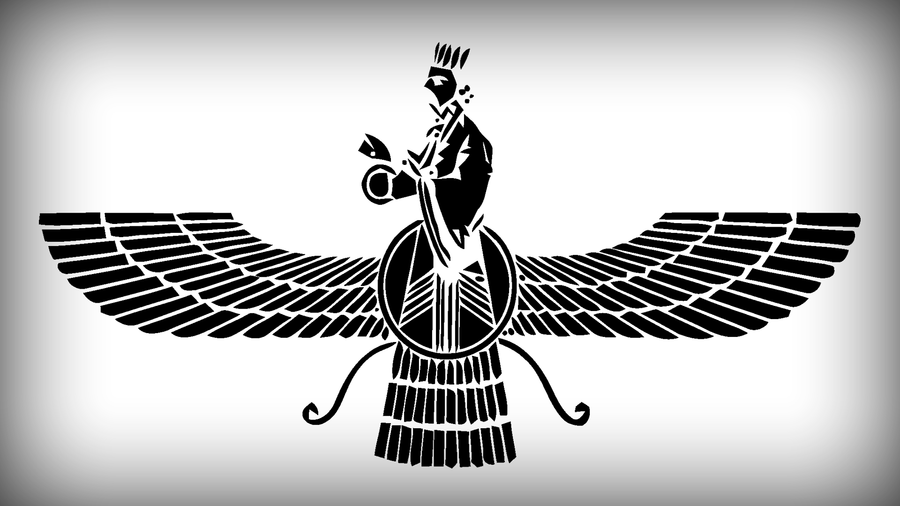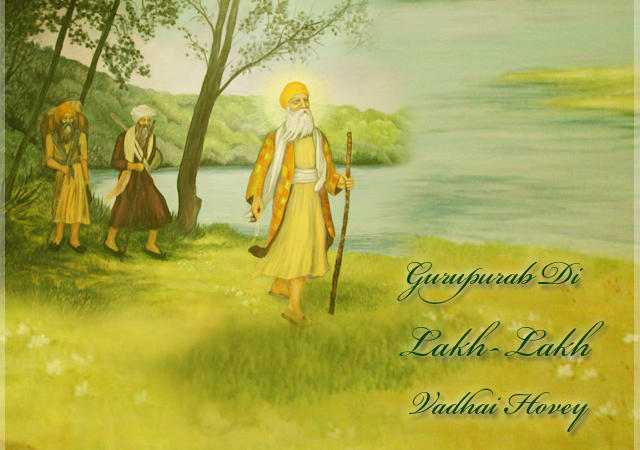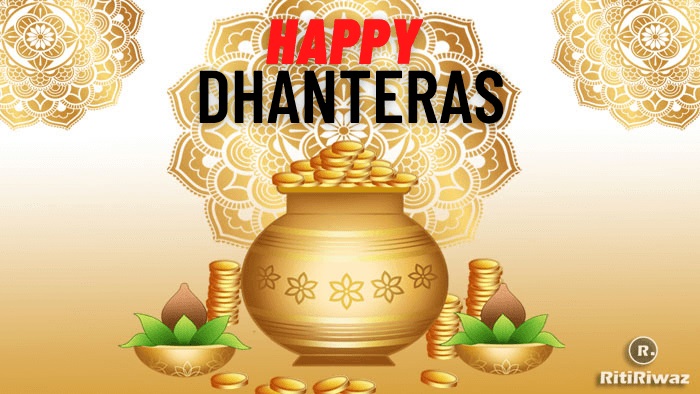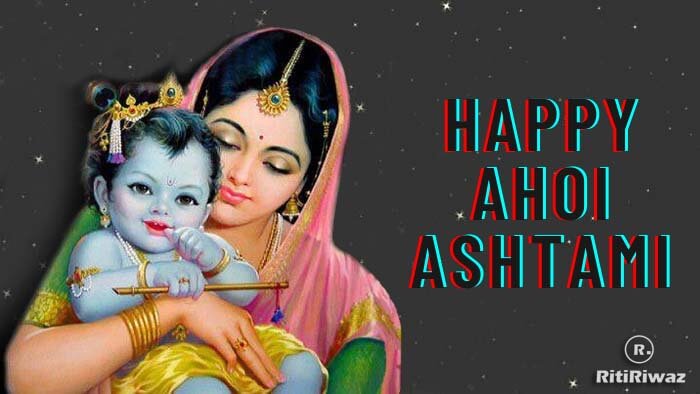Zoroastrianism in India | The Parsis of India

A small religious community, which exists mostly in Mumbai, is Zoroastrianism, there are at least 100,000 Zoroastrians in India. Reflecting on their Persian origins, the Zoroastrians of western India are known as the Parsis.
It is believed that Zoroastrianism is conceptually and historically associated with the other predominantly Indian religions, Hinduism, Jainism, Buddhism, and Sikhism. In the tenth century, a number of Zoroastrians traveled to India to escape oppression in Iran and became the ancestors of the modern-day Parsees, the Indian Zoroastrians.
The Zoroastrian groups are regarded as either Parsi or Irani depending on the time of migration to India. The word Parsi in the Persian language literally means “Persian”. Persian is the official language of modern Iran, which is also known as Persia. Although the term ‘Irani’ is first attested during the Mughal era, most Iranians are immigrants who arrived on the subcontinent during the 19th and early 20th centuries.
Zoroastrian prayer
“I praise aloud the thought well thought,
the word well spoken,
and the deed well done.”
Belief of Zoroastrianism
Zoroaster taught that just as day is divided from night and darkness divided from light, good is divided from evil. The God of Zoroastrianism is called Ahura Mazda. Zoroastrianism believes that Ahura Mazda gave humans free will to choose either good or evil. Through good words, thoughts, and deeds, humans can serve Ahura Mazda and help defeat Angra Mainyu. Zoroaster also taught that good will ultimately triumph over evil.
Suggested Read: Indian Religions






